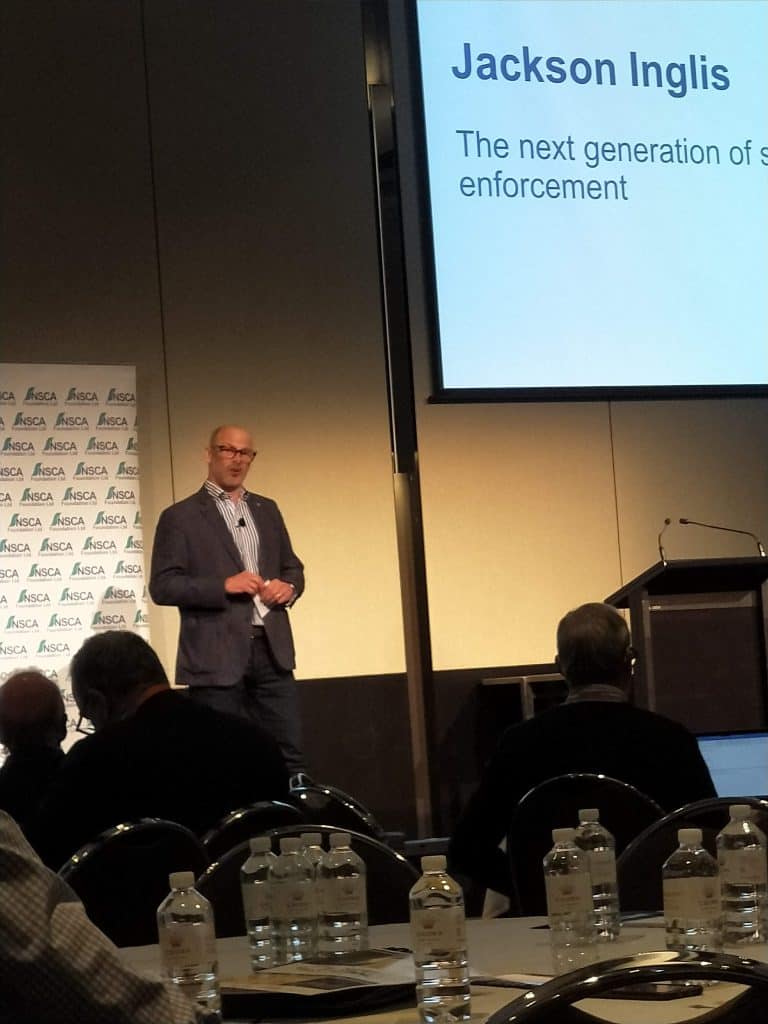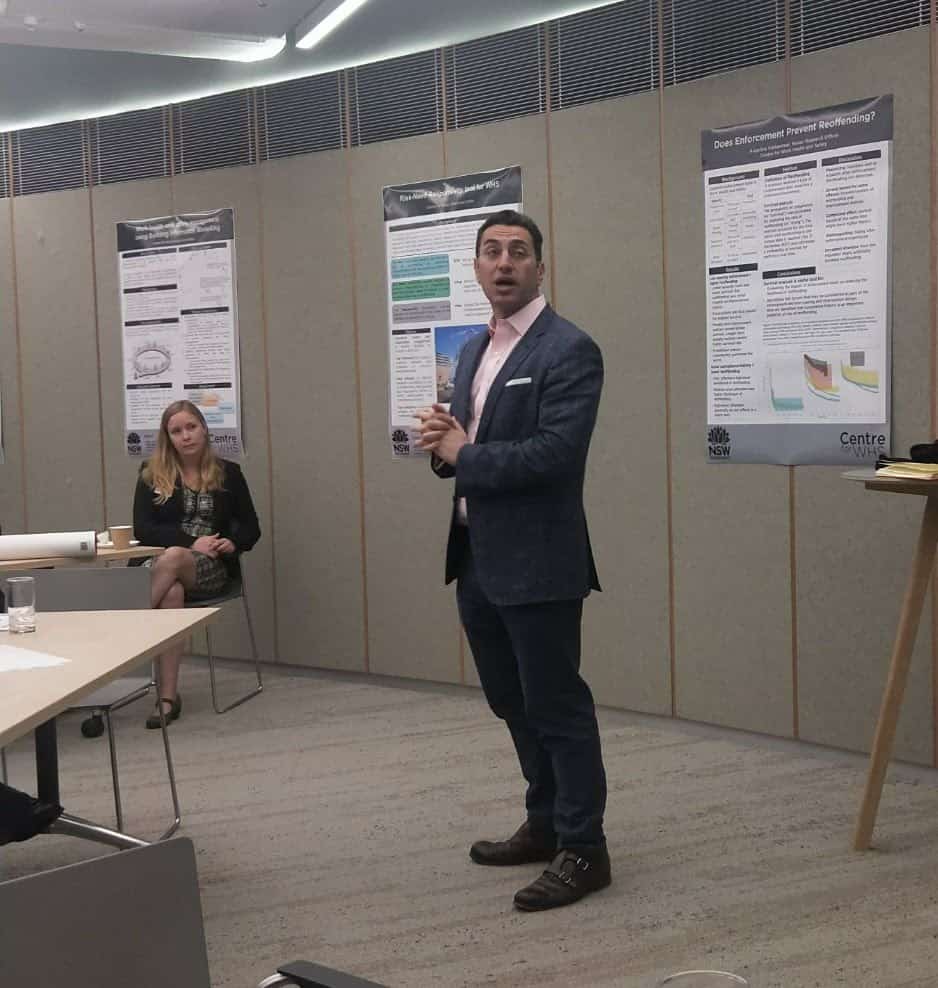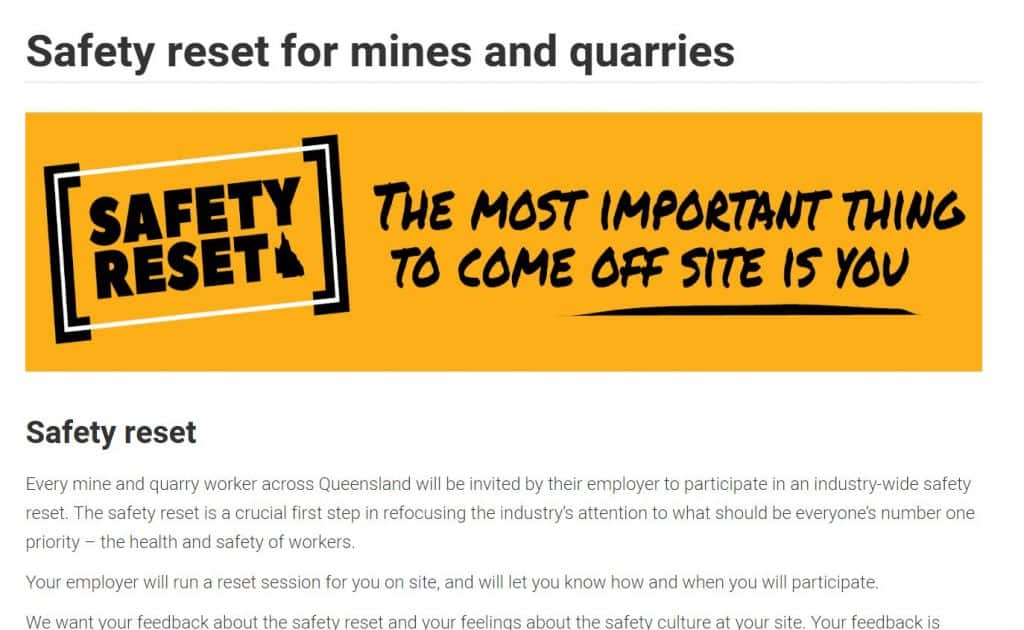
Lawyers speaking at occupational health and safety conferences can be a bit hit-and-miss. Some are interested in minute complexities of law. Others are not comfortable talking about legal technicalities with non-lawyers. The presentation also depends on what the conference delegates want, and this can differ from day to day. But sometimes, a conference hears from a lawyer who not only practices law but reads the newspapers and seems the understand the social context of their work.
Last week, the SafetyConnect conference benefited greatly from a presentation by Jackson Inglis of Sparke Helmore (pictured above).
If you have any information about safety-related issues or incidents, remember that SafetyAtWorkBlog operates a confidential and anonymous information tipline at https://safetyatworkblog.whispli.com





